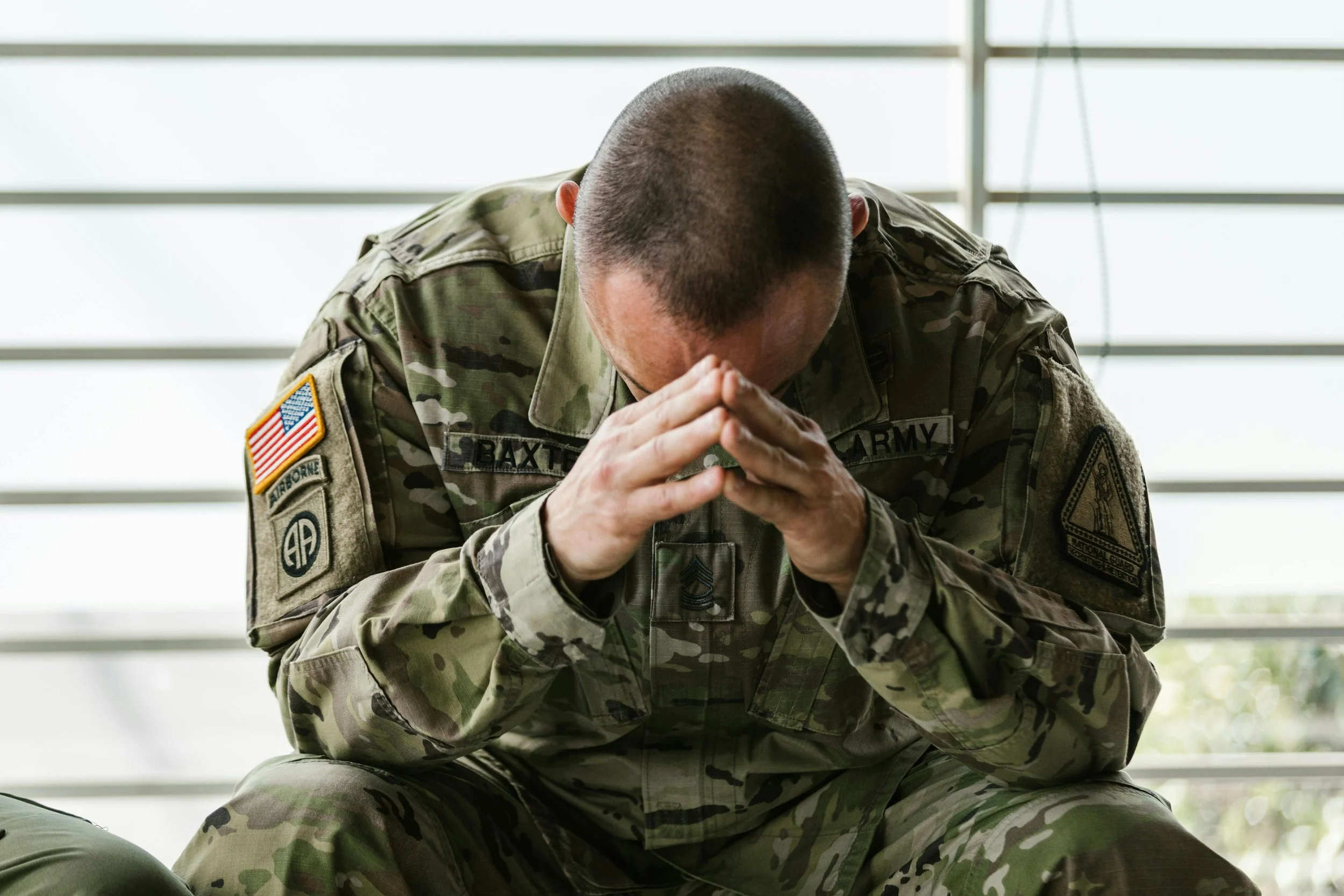
Finding Meaning Through Posttraumatic Growth
By allowing space for grief, reflecting on values, recognizing strength, nurturing connection, and seeking purpose, it becomes possible to grow in ways that honor both the hardship you endured and the person you are becoming.

Understanding the Lasting Impact of Childhood Trauma
Because early attachment forms the blueprint for future relationship patterns, unresolved childhood trauma often resurfaces in adulthood, especially in our closest relationships.

6 Common Signs of Enmeshment
Enmeshment is a psychological term that describes an unhealthy emotional closeness or blurred boundaries between family members—most often between a parent and child. In an enmeshed relationship, the child may feel responsible for the parent’s emotions, decisions, or sense of identity.

What is the Difference Between Big T and little t Trauma?
The concepts of "Big T" and "little t" trauma help differentiate the types of distressing experiences that can impact a person's mental and emotional well-being. While both can have lasting psychological effects, the distinction lies in the perceived severity and immediate threat involved.

How is Lifespan Integration Different from Talk Therapy?
Lifespan Integration (LI) is a relatively new therapeutic method that differs significantly from traditional talk therapy, both in approach and in how it works with memory and healing. While talk therapy often focuses on verbal processing, insight, and conscious reflection, Lifespan Integration uses a unique technique that accesses the body's memory system to promote healing at a deeper, often nonverbal level.

What are Interpersonal Effectiveness Skills?
Interpersonal effectiveness skills are tools and strategies used to build and maintain healthy relationships, communicate needs clearly, and navigate social situations with confidence and respect. These skills are a core component of Dialectical Behavior Therapy (DBT), a type of therapy developed to help individuals manage intense emotions and improve their interactions with others.

5 Signs of an Avoidant Attachment Style
Avoidant attachment style is one of the primary patterns identified in attachment theory, which explains how individuals form emotional bonds with others. People with this style typically learned early in life that showing vulnerability or relying on others did not lead to consistent support.

How Childhood Trauma Impacts Your Parenting Style
Childhood trauma can have a profound and lasting impact on how an individual parents their own children. When a person experiences trauma in their early years, whether it’s physical, emotional, or psychological abuse, neglect, or even witnessing trauma, these experiences often shape their understanding of relationships, attachment, and emotional regulation.

How Can I Support a Loved One Who Has Experienced Trauma?
Supporting a loved one who has experienced trauma can be both challenging and deeply important for their healing process. When someone goes through a traumatic event, their emotional and mental well-being can be severely impacted, and they may need time and understanding to process what they’ve been through.

What Does it Mean to Set Boundaries?
Setting boundaries is the practice of defining and communicating your limits to others in order to protect your mental, emotional, and physical well-being. It involves understanding your own needs, values, and limits, and then ensuring that you express these limits clearly to those around you.

6 Common Behaviors that are Trauma Responses
A trauma response refers to the psychological, emotional, and behavioral reactions a person experiences after going through a traumatic event. Trauma responses are how the body and mind react to overwhelming stress or experiences that challenge a person's sense of safety, control, or well-being.

Using Lifespan Integration to Treat Trauma
Lifespan Integration is a therapeutic approach that aims to help individuals understand and integrate past experiences into their present selves. In trauma therapy, this method is particularly effective because it allows clients to reframe and resolve traumatic memories in the context of their entire life narrative.

Understanding the Polyvagal Theory in Trauma Therapy
The Polyvagal Theory is a concept developed by Dr. Stephen Porges in the 1990s. It focuses on the role of the vagus nerve in regulating physiological states and emotional responses. The vagus nerve is a major part of the autonomic nervous system, which controls involuntary bodily functions.

7 Ways Trauma Impacts the Body
Overall, trauma's impact on the body is complex and multifaceted, affecting various physiological systems and contributing to both short-term and long-term health consequences. Effective trauma-informed care involves recognizing these bodily impacts and addressing them through comprehensive support and treatment strategies.

4 Signs of Unhealed Attachment Trauma
The earliest trick we learn in life is how to ask for help, and that’s through tears. Infants don’t only cry when they’re hungry. Sometimes, they want warmth, closeness, social attention, safety reassurance, and other emotional reassurance.
